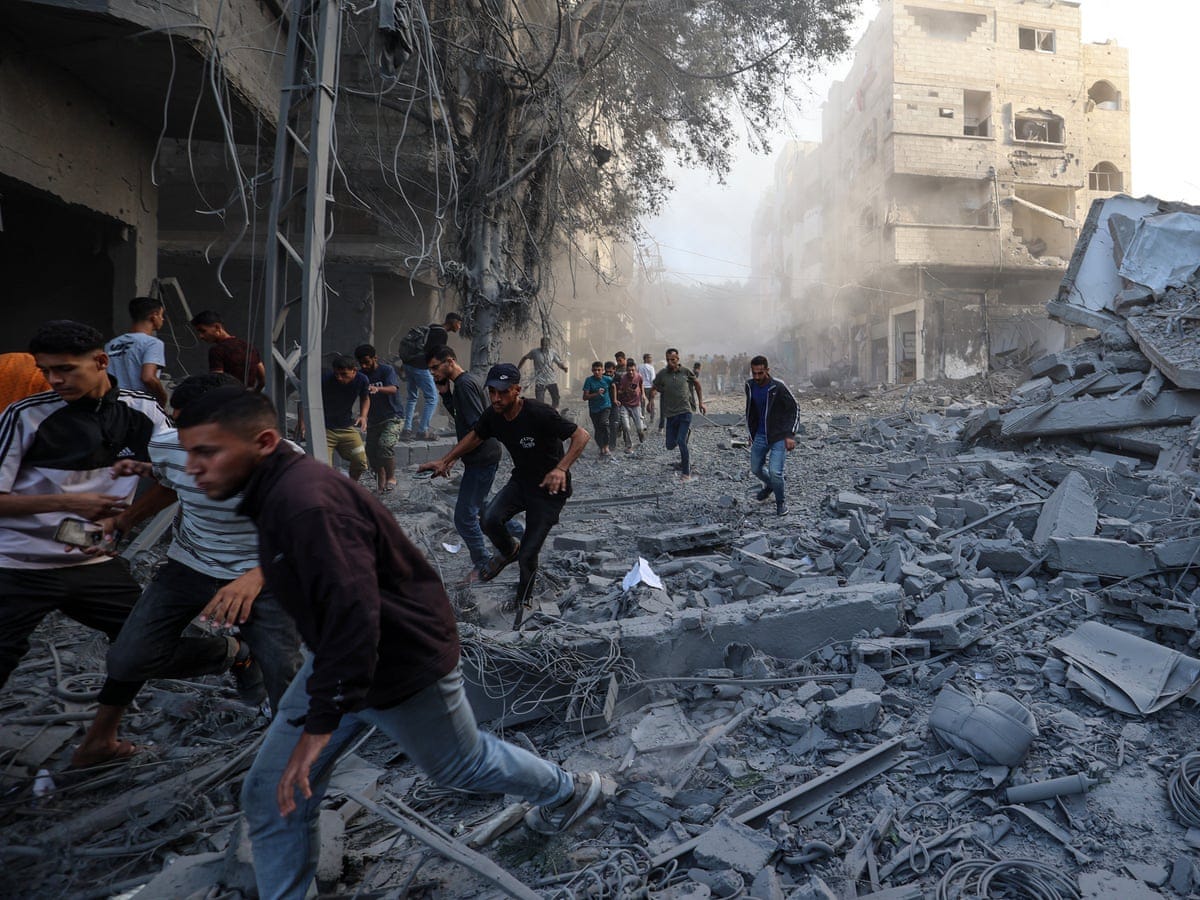The Shadow of Ceasefire
How Official Declarations Obscure Enduring Violence and Dehumanization?
Official declarations of peace often mask a more insidious reality of continued violence and dehumanization. This piece explores how the ‘ceasefire’ can become a veil, allowing suffering to persist unchecked, examined through Martin Buber’s I-Thou philosophy.
Opening the Veil: The Mirage of Peace
When news reports declare a ‘ceasefire,’ a ‘truce,’ or a ‘peace agreement,’ our collective inclination is to exhale, believing a corner has been turned, that the relentless drumbeat of conflict has finally quieted. We crave the solace of resolution, the hope that suffering has abated. Yet, for countless individuals caught in the crucible of geopolitical struggle, these official declarations often serve as a cruel mirage. They create an illusion of cessation, a performative peace that paradoxically licenses continued violence, unseen atrocities, and an enduring erosion of human dignity.
I’ve been reflecting on the recent reports from Gaza, where even after an announced October ceasefire, strikes continued. Lives were lost, including that of a child, as recounted by Nidal Abu Arqoub, a resident of southern Gaza, who lamented, “The war is ongoing, and the horizon is dark.” This sentiment cuts through the diplomatic rhetoric, exposing a profound chasm between the language of states and the lived experience of their populations. It’s a reality where the absence of large-scale military offensives does not equate to the presence of actual peace, but rather a shift towards more subtle, yet equally devastating, forms of dehumanization and control. This ongoing tragedy compels us to look beyond the headlines and question the very nature of the peace we celebrate.
The Illusion of Cessation: Violence Beyond the Headlines
The cessation of overt warfare is not the cessation of violence, nor is it the cessation of suffering. What happens in the shadow of a ceasefire is often more insidious precisely because it goes largely unremarked upon by the global public, whose attention has been diverted by the official proclamation of ‘peace.’ The November 10, 2025, strikes in southern Gaza, resulting in two fatalities including a child, serve as a stark counterpoint to the idea that a ceasefire inherently brings an end to the mechanisms of conflict. This isn’t an isolated incident; it’s a pattern, a quiet continuation of brutality that relies on the world’s wilful blindness.
This ongoing aggression extends beyond aerial bombardments. The return of soldier Hadar Goldin’s body, nine years after his death in 2014, speaks to the prolonged agony and unresolved trauma that underpins the entire conflict. Meanwhile, in the West Bank, the killing of a Palestinian by security forces and the attacks by settlers on olive harvesters—injuring even journalists documenting the violence—paint a picture of a region where the fabric of daily life remains rent by aggression. These are not mere aftershocks; they are systemic components of a conflict that official truces fail to address, instead allowing them to fester and deepen.
Buber’s Chilling Insight: The ‘I-It’ Relationship of Conflict
To understand how such enduring violence persists under the guise of peace, we must turn to the philosophy of Martin Buber, particularly his distinction between the ‘I-Thou’ and ‘I-It’ relationships. For Buber, the ‘I-Thou’ encounter is a moment of genuine dialogue, reciprocity, and mutual recognition, where each person affirms the other’s whole being. It is an acknowledgment of shared humanity, a moment of presence and empathy.
Conversely, the ‘I-It’ relationship is one of objectification, utility, and detachment. The ‘It’ is not a co-equal subject but an object to be analyzed, manipulated, or used for one’s own ends. In the context of enduring conflict, especially when official ‘peace’ is declared, the ‘I-It’ dynamic becomes acutely pronounced. The enemy, or even the civilian population in conflict zones, is reduced to a statistic, a strategic variable, a demographic to be managed. This dehumanization is not a byproduct of war; it is often its precondition and its enduring legacy. The reduction of individuals to mere objects in the calculus of power is the fundamental betrayal that allows violence to continue unseen, unheard.
Man wishes to be confirmed in his being by man, and wishes to have a share in the being of the other.
– Martin Buber



